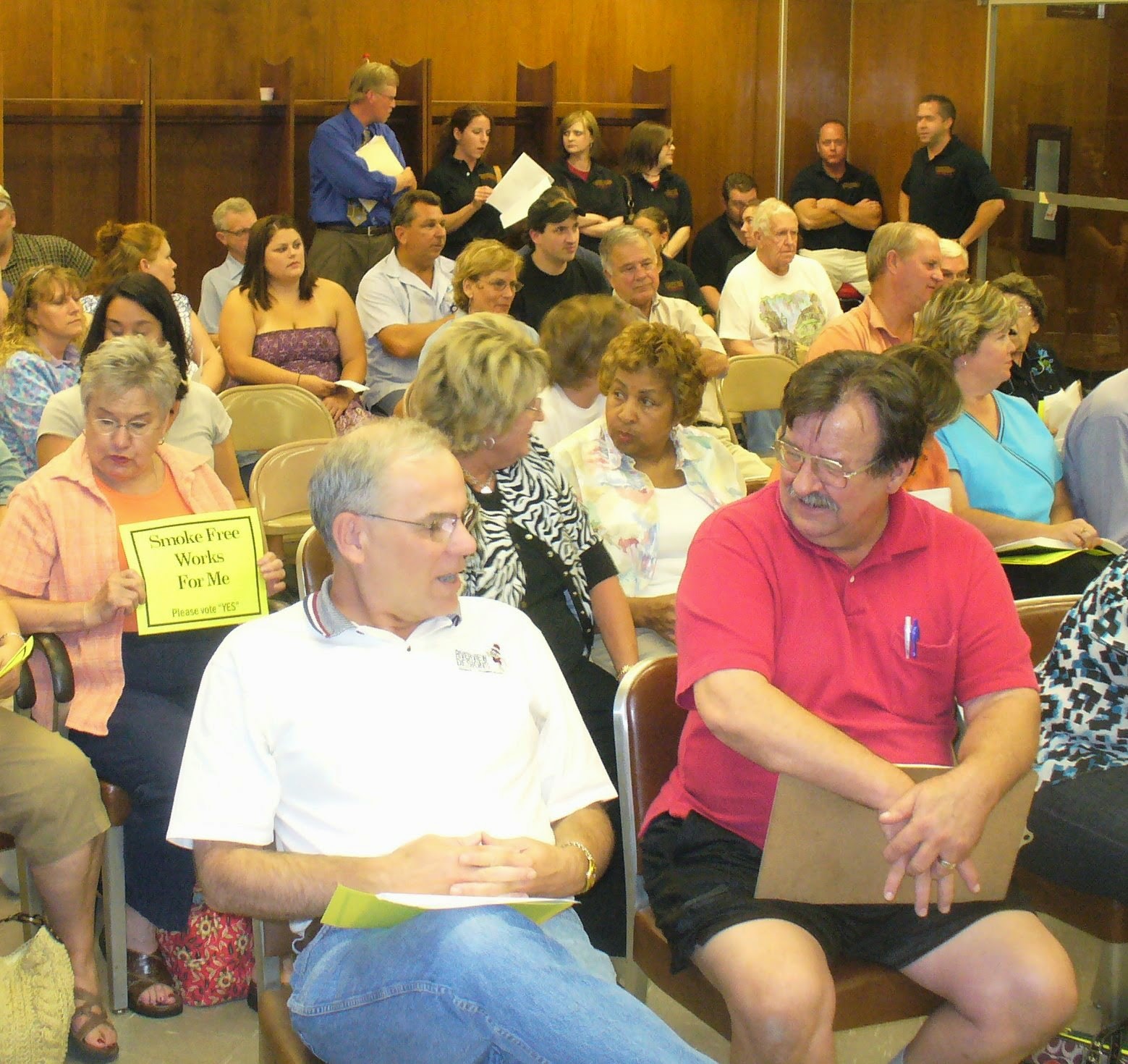
One of Jim Bouton’s most enduring Ball Four anecdotes has to do with a Seattle Pilots teammate who had a particularly vehement spat with the umpire behind home plate. Weeks passed, stars aligned, and this hitter again came to bat, with the same umpire calling balls and strikes.
The first pitch was ridiculously far outside, and the umpire decisively called it a strike. Bouton’s teammate stepped out of the box, but said nothing. The next pitch was two feet high, and the batter somehow tommy-hawked it off the outfield wall for a double.
The umpire turned to the Pilots bench and said, “See? It makes him a better hitter.”
In like fashion, reading this essay is sure to make you a better capitalist. We can chat about it over a beer, but I’m not wasting my time on anti-social media (except to denounce chain restaurants).
But at Least Capitalism Is Free and Democratic, Right?, by Erik Olin Wright (Jacobin)
It might seem that way, but genuine freedom and democracy aren’t compatible with capitalism.
In the United States, many take for granted that freedom and democracy are inextricably connected with capitalism. Milton Friedman, in his book Capitalism and Freedom, went so far as to argue that capitalism was a necessary condition for both.
It is certainly true that the appearance and spread of capitalism brought with it a tremendous expansion of individual freedoms and, eventually, popular struggles for more democratic forms of political organization. The claim that capitalism fundamentally obstructs both freedom and democracy will then sound strange to many.
To say that capitalism restricts the flourishing of these values is not to argue that capitalism has run counter to freedom and democracy in every instance. Rather, through the functioning of its most basic processes, capitalism generates severe deficits of both freedom and democracy that it can never remedy. Capitalism has promoted the emergence of certain limited forms of freedom and democracy, but it imposes a low ceiling on their further realization.
At the core of these values is self-determination: the belief that people should be able to decide the conditions of their own lives to the fullest extent possible …
The five ways follow. To read the explanation, you’ll need to click through.
1 “Work or starve” isn’t freedom.
2 Capitalists decide.
3 Nine to five is tyranny.
4 Governments have to serve the interests of private capitalists.
5 Elites control the political system.











